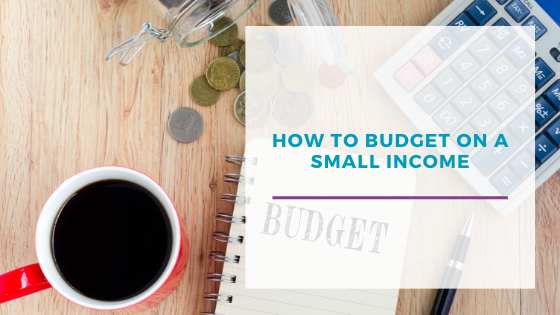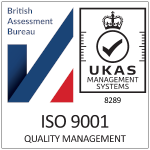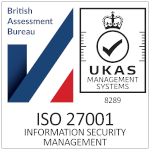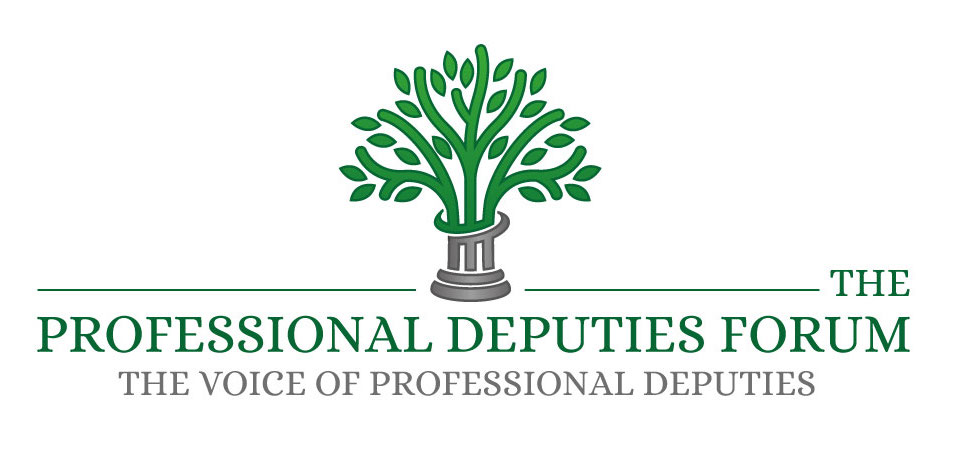Budgeting is important no matter what your income so that you can keep track of your finances and achieve your financial goals. Of course, budgeting on a low income can be challenging – it isn’t just a case of what to do with your surplus income, but more how to actually have some surplus income in the first place. In this post we’ll be sharing some tips on how to budget on a small income so that you can actually save some money rather than living from paycheque to paycheque.
1) Review your current budget
A vital first step is always to get a good picture of your current financial situation. To do this, you’ll need to examine both what’s coming into your household each month – and of course, what’s going out in monthly expenses.
When you’re on a low income, this can feel particularly difficult – it’s never fun to see the cold, hard truth, especially if it shows that you’re not currently living within your means.
Don’t panic though – it’s much better to know exactly what’s going on with your money than to get a nasty shock down the road. It doesn’t matter how bad your situation, there’s always support available to help you to get back on track.
Have you seen our recent post where we share our 5 Budgeting Tips for Beginners?
2) Look at where you can cut costs
Now you know exactly what you’re spending, you can start to look at areas where you can cut costs. Usually, our biggest expenses are our accommodation, our cars and our bills, such as gas and electric. These can be a good place to start.
Try using comparison websites to review and compare your bill payments – it can be a great way to make some serious savings.
It can be easy to feel like a few pounds here and a few pounds there won’t make much difference, but even small reductions soon add up and can make a real impact on your budget.
For more information, check out this great article from the Money Advice Service on ‘How to save money on household bills’.
3) Maximise your income
Make sure you’re fully aware and making use of any benefits you’re entitled to. Try this handy Benefits Calculator from The Money Saving Expert.
4) Prioritise paying back high interest debts
Your money is better spent paying back debts with high interest rates, than going into a savings account with a much lower interest rate.
5) Continue to track your finances
Tracking your money on an ongoing basis can often be quite eye opening. It’s also a great exercise when it comes to staying within a budget. When we monitor what we’re spending, we have the opportunity to ask ourselves if it’s really worth it – and that can only be a good thing!
Lastly, don’t forget that the VRS are here to help. If you’re going through a period of financial vulnerability for whatever reason, then registering can be a great way to protect yourself from additional financial harm or anxiety.














Post a comment